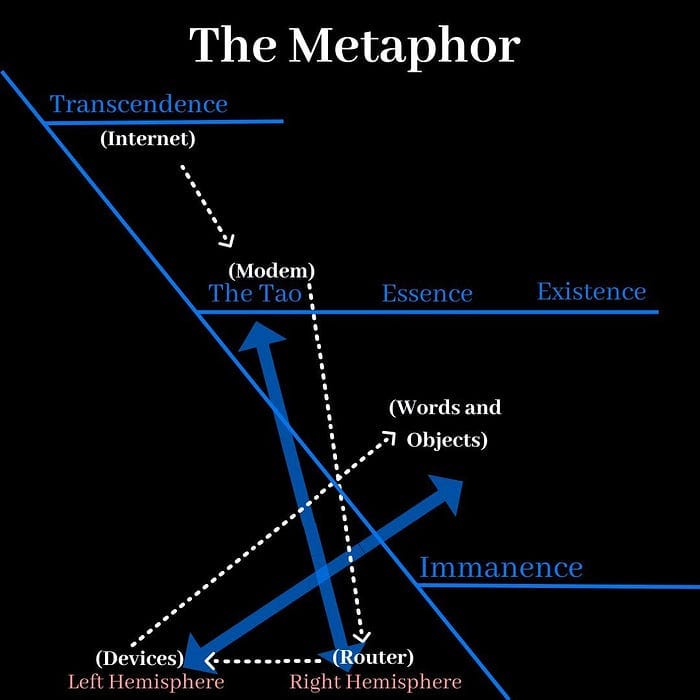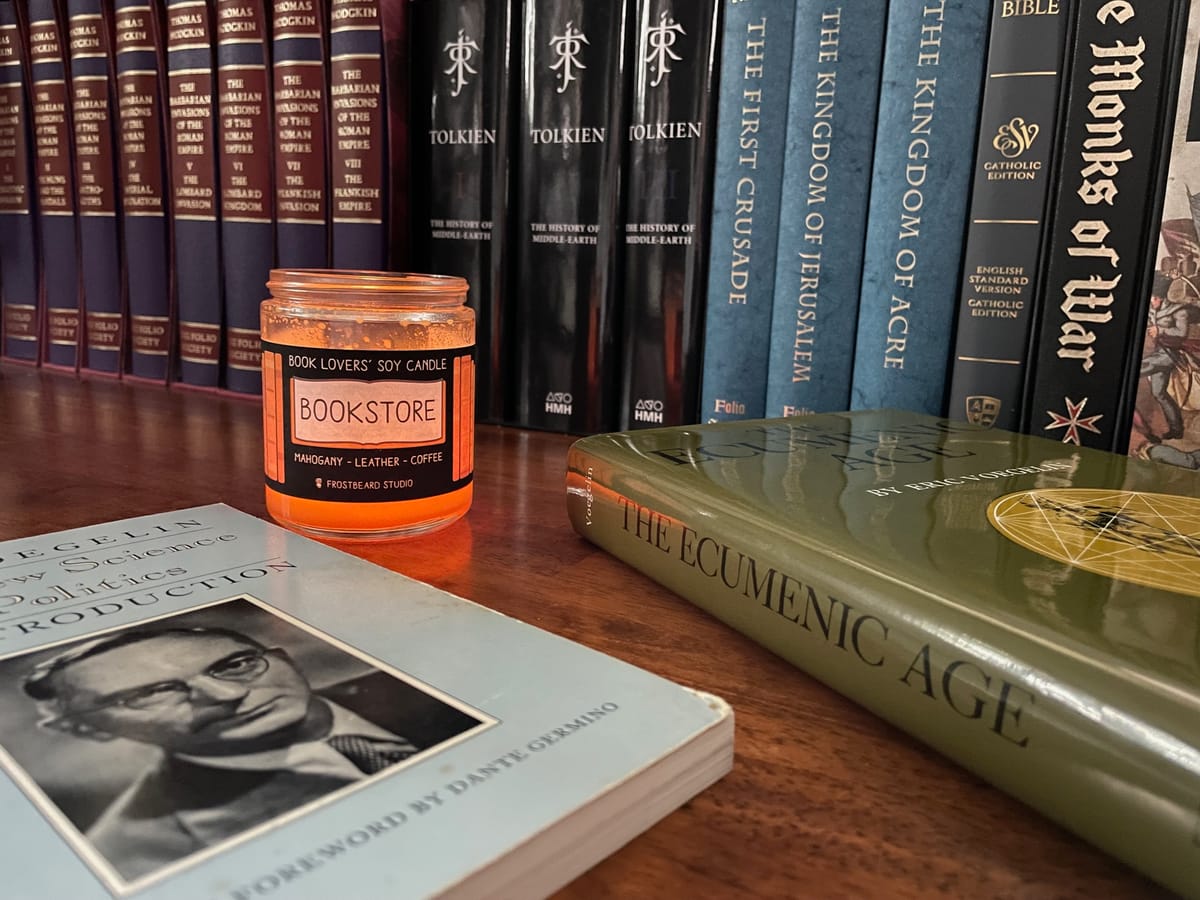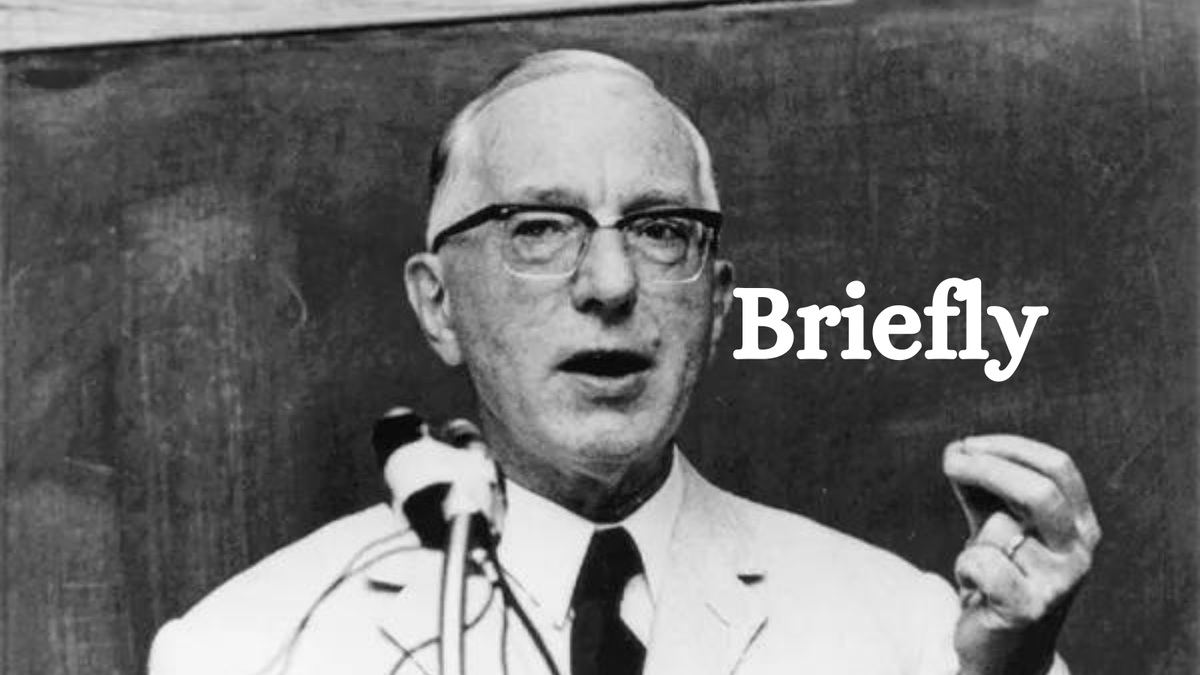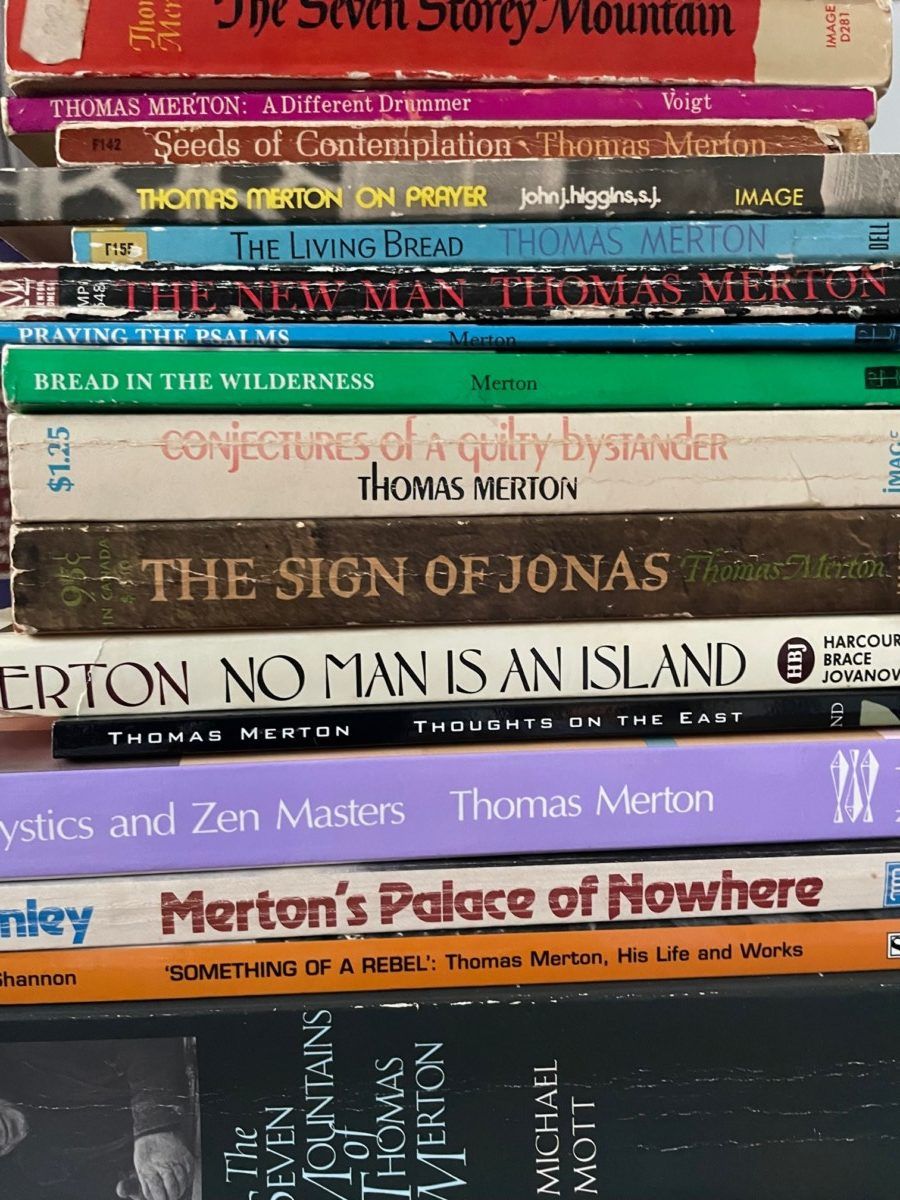Social Activist Thomas Merton Didn't Stay Informed?
Merton didn't trust the media, but he formed strong opinions on current events. It's because Merton was an artist victimized by his left hemisphere. He needed to embrace causes.


The bestselling author and Catholic monk, Thomas Merton, didn't like the media. This is from Faith and Violence (1968), published at the height of his social activism.
Nine-tenths of the news, as printed in the papers, is pseudo-news, manufactured events. Some days ten-tenths. The ritual morning trance, in which one scan columns of newsprint, creates a peculiar form of generalized pseudo-attention to a pseudo-reality. This experience is taken seriously. It is one's daily immersion in "reality." . . . My own experience has been that renunciation of this self-hypnosis, of this participation in the unquiet universal trance, is no sacrifice of reality at all. To "fall behind in this sense is to get out of the big cloud of dust that everybody is kicking up, to breathe and to see a little more clearly.
I agree with all this. The passage warrants close reading by everyone who thinks a daily sprint through online news is worthwhile.

But here's the problem: The passage and the author can't be reconciled.
Merton was Confident about Everything
Merton at this point of his life didn't behave like he wasn't in command of all the facts. He was certain and uncompromising in his opinions regarding social justice, war, civil rights, the environment, and pretty much everything else.
Where was he getting his information? Was he so smart that he got all the necessary information from the (less than) 1/10th of the news stories? Were "experts" feeding him information in his cloistered monastery/hermitage?
What makes it even more puzzling: The Left back then didn't trust the media, just like the Right doesn't today (the media has always served the Establishment, and only the people against the Establishment can see it (it's the nature of propaganda) . . . it's just worse today due to underlying economic changes in the industry, the Internet, and other disquieting factors).
So why would Merton think he had a sufficient grasp of facts to form his uncompromising opinions?
To some extent, it's understandable: We need to form opinions and act on them, even though we never have all the information. That's ordinary existence.
But a logically-coherent person who appreciates the inherently and massively flawed input from the world, and especially the media, should distrust his opinions. Act on them, yes but tread carefully . . . slowly, even gingerly.
Merton didn't have much distrust of his opinions. In fact, he was kind of a dick in his self-assurance.
Merton was Victimized by his Left Hemisphere
Merton's opinions and conduct were wholly consistent with an unbridled left hemisphere.
The left hemisphere needs to form opinions and act on imperfect information. If it didn't, its projects would be thwarted ("paralysis by analysis") and its host (our earthly existence) would die for lack of necessities.
The left hemisphere's need to act on imperfect information is so strong, it will make up information to fit its opinions. Once it has a narrative that guides its actions, it will zealously guard that narrative. The left hemisphere, McGilchrist repeatedly points out, is a liar. It's part of the left hemisphere's job description. It's just the way it is.
The thing is, an engaged right hemisphere moderates it. A healthy dialogue between the hemispheres goes something like this:
L.H. "Master Right. Look at this information. This is happening, and this, and this, and this. We need to do that, and that, and that."
R.H. "Good work, but hold on a second. Did you verify this, and this, and this? What other thises are out there? And what happens if you do that, and that, and that? What will be the unintended consequences? Let's start moving in your direction but cautiously, slowly, and with more deliberation between us."
The left hemisphere hates that discussion. It just makes its job harder.
Instead, it prefers to fill in the blanks by itself (one of the problems with our "ruminating"), accept any other "information" that fits the narrative, and plow forward, and it sure as heck doesn't want to go back to the right hemisphere, who will just delay things and make the project harder with all its ponderings.
That was Merton.
"But how," you might ask, "could Merton have such an ineffective right hemisphere? It's our connection to transcendence. Merton was a monk and a monk, by definition, is dedicated to transcendence and, ipso facto, the development of the right hemisphere?"

Left Hemisphere + Cause = Gnosticism
Gnostics are Severe Left Hemispherics
The Gnostic, consistent with the control exerted by his left hemisphere over his life, craves certainty. That was true of the ancient Gnostics; it's true of modern Gnostics. They want to lay things out on a table and analyze them (which is why ancient and modern Gnostics both put so much emphasis on "structures").
The left hemisphere inherently craves certainty (so it can act, as described above).
A person who lets his left hemisphere take complete control will often veer into Gnosticism.

Not always. Many modern people are what I call "cultural Gnostics." They're not really "Gnostics," but they're dominated by their left hemispheres like real Gnostics.
To progress beyond "cultural Gnostic" and become a full-blown Gnostic, a person needs to embrace a cause.
The formula: Unbridled left hemisphere + A cause (belief that the painful uncertainty can be eliminated through action) = Gnosticism.
Gnosticism is the essence of modernity (Voegelin). Modernity is the era of the left hemisphere's usurpation (McGilchrist).

Merton was a Gnostic
An artist acutely feels existence in the metaxy, so much so that it's existentially painful. That stretching between earth and heaven is painful; it can lead to depression and anxiety.
Merton was an artist, both by upbringing and temperament.
I believe he acutely felt that painful stretch.
He sought relief by lopping off the immanent pole and joining a monastery.
When that didn't work (and it didn't . . . he was at first a model monk, but he became dissatisfied and unruly as the years progressed), he sought relief by lopping off the transcendent pole and immersing himself in social activism (many "causes").

But he never left the monastery.
That's significant.
But he was still a man dominated by his left hemisphere: a man who, like all Gnostics, craved certainty. He just wasn't sure which pole (the transcendent or immanent) would give him that certainty: the certainty and answers that would quell that existential unease that comes from being stretched in the metaxy.
Unfortunately, he died (or was killed) relatively young: just age 53.
Maybe he would've figured this all out. Maybe he would've come to see the disconnect between his realization that the news is flawed and the sheer act of having convictions that emanate from the news. Maybe he would've accepted the uncertain nature of the information and settled down a bit at that point.
Heck, maybe he would've come to accept his uncertain nature of existence, period, and mellowed out entirely.
Then again, maybe not.
We'll never know.
To think we do, would be very Gnosticish/left-hemispheric of us.
